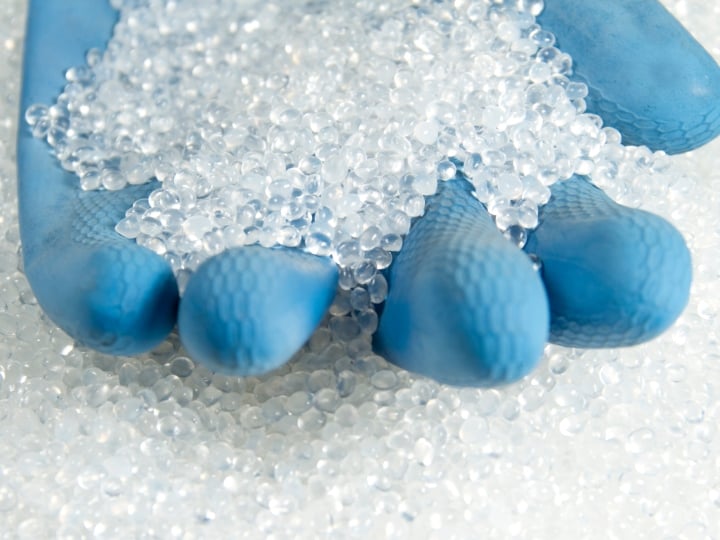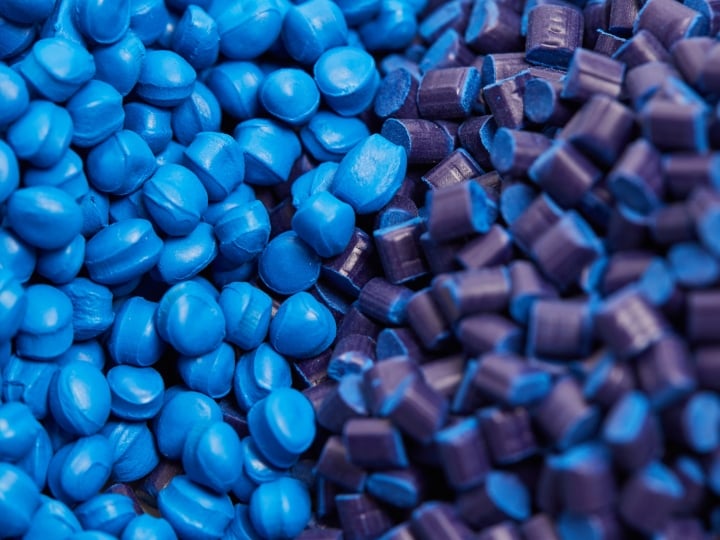Automotive polymer testing supporting development, innovation, processing and performance of automotive plastics compounds and components
Automotive plastics and polymer materials play an increasing role in helping vehicle designers meet the demand for lightweight, durable, and sustainable materials. These materials can be used to achieve fuel efficiency, emissions reduction, and enhanced performance. However, rigorous testing is essential to ensure these materials meet safety, quality, and environmental standards. Testing automotive plastic components and materials validates the durability, thermal resistance, and emissions compliance of materials used in interiors, exteriors, and critical components. Without it, manufacturers risk performance failures, regulatory non-compliance, and safety concerns. As innovation accelerates, advanced polymer testing will remain a cornerstone of reliable and sustainable vehicle development.
Automotive polymer materials and plastics are essential in designing and manufacturing automotive components. From door panels, flooring and engine components, lightweight plastic materials play a pivotal role in achieving lighter, more fuel-efficient vehicles and enable engineers to create innovative designs that are durable and strong yet attractive.
Plastic automotive parts and materials must meet performance specifications for the intended use and specifications set by the Original Equipment Manufacturers (OEMs). All stakeholders in the automotive polymer supply chain require robust testing conducted under recognized quality standards to meet the OEM’s quality standards while ensuring that supplies of polymer materials and components are consistently high quality.
Across the life cycle of polymers for automotive applications, from innovation, compounding, processing, performance testing, manufacturing and recycling, our automotive testing solutions offer an extensive range of independent testing and consultancy solutions delivered by our automotive polymer scientists and processing engineers.
Our automotive polymer testing capabilities include functionality testing, perceptivity testing, weathering, environmental testing, physical testing, chemical resistance and chemical testing for automotive interiors and exteriors. Our automotive materials failure services help clients to resolve and prevent failures through identifying root causes of degradation, malfunction, damage, ageing, misuse, stress and processing issues. To support sustainability goals and in anticipation of regulatory driven requirements such as the End of Life Vehicles Regulation, our team are already working with global innovators evaluating materials with recycled content incorporated.
To support the development of automotive polymers processing, our rheology testing services, injection moulding, extrusion and compounding facilities help to troubleshoot processing issues, support material selection and quality assurance, and accelerate product innovation, particularly where new materials are being investigated. Our processability program for plastic automotive materials is focused upon selection and development: important aspects of today's innovative automotive materials industry such as quality, availability and cost reduction are important factors for the automotive market.
Our scientists and engineers have decades of experience working with OEMs, Tier 1 and Tier 2 suppliers, compounders, materials producers, additive manufacturers and recycling companies, providing testing and consultancy services for their materials and components.
Our laboratories are equipped with advanced analytical equipment and operate under relevant quality standards such as ISO 17025, UKAS or A2LA. Many OEMs recognize our team as having extensive knowledge of international standards. Including a broad range of ISO, DIN, VDA, ASTM, and automotive manufacturers’ standards. With a focus on efficiency, we help to reduce your costs and support your business goals. With Intertek as your outsourcing partner, we can reduce your time to market through our polymer expertise, which is fully integrated with the global automotive, polymer and polymer-related industry networks.
Relevant links:

Polymers and Plastics

